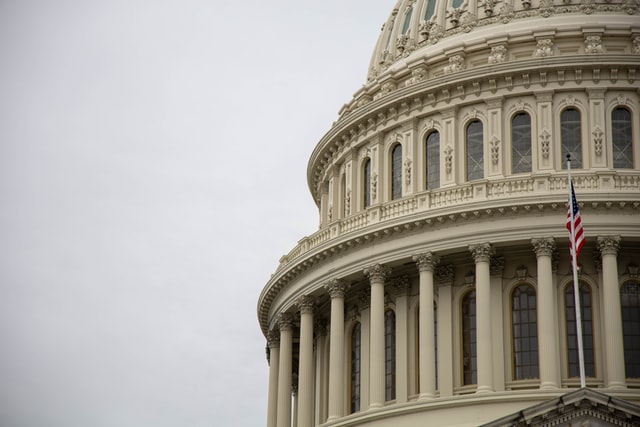A
A
A
The Coronavirus crisis has caught the federal government off-guard in a number of ways. One of the most important aspects of its response was in creating a plan to send relief to Americans in the form of stimulus checks. After delays and political infighting, the checks are finally on their way.
However, the IRS has mistakenly sent some checks to people who have died since the last time they filed taxes. The IRS is trying to recover that money by asking taxpayers to return any money they received on behalf of dead relatives.
Read More »
The IRS carried out sending stimulus checks by using the address and bank account information of tax returns that people filed for 2019 or 2018. However, many Americans do not file tax returns normally because they don’t make enough money to pay taxes or for other reasons. So the IRS created a portal for those people to fill in their personal information to obtain their checks, and the first wave of checks went to them.
Next, the IRS set up a different online portal for everyone else to check on the status of their payment and add their direct deposit information. However, this portal was plagued with issues. It repeatedly crashed and displayed errors during the first days of its launch. It was meant to be a way for taxpayers to simply confirm their 2018 or 2019 tax return information and see when their check would come. They could use the bank account on file from their 2018 or 2019 filing or add a new account for direct deposit. This was important because the IRS warned that without a bank account on file, taxpayers would need to wait for paper checks, which could take many additional weeks. Considering that this was intended to be an emergency stimulus package, long wait times undermined the purpose of the check. When millions of Americans started logging into the portal, it went down. It took weeks for the IRS to get it running consistently and for checks to start arriving.
Some of those checks wound up in places they weren’t supposed to be. The IRS intended the system to use the most accurate information possible. First, it checked to see if a person had filed taxes for the 2019 tax year. If so, it used their bank account and address information to find out where to send the check. If they had not filed a 2019 return, the system checked for a 2018 return and used that information instead. The problem arose with voters who had died after they filed their most recent return. The IRS used their most recent information to send them a check without verifying whether they were still alive. More than two million Americans die every year, so there are a lot of paper check or bank deposit checks that could potentially be headed to the accounts of people who will not be alive to use them.
This poses a major problem for the IRS. They have outlined a procedure for returning paper checks or writing a personal check to return a bank deposit, but it requires following a series of steps that ends in mailing out the returned check to the nearest IRS office. If the deceased didn’t have a family member or relative who could catch the bad check or if the relative doesn’t follow the steps to mail it back, the IRS currently does not have a system for recovering the money. So while the IRS is using the stimulus check guidelines to continue to send out checks to families that have not gotten theirs yet, they also have to manage the process of taking back checks they accidentally sent to dead Americans. COVID-19 has wreaked having on American public health and the economy, and the problems with sending out stimulus checks are not making it any easier.






